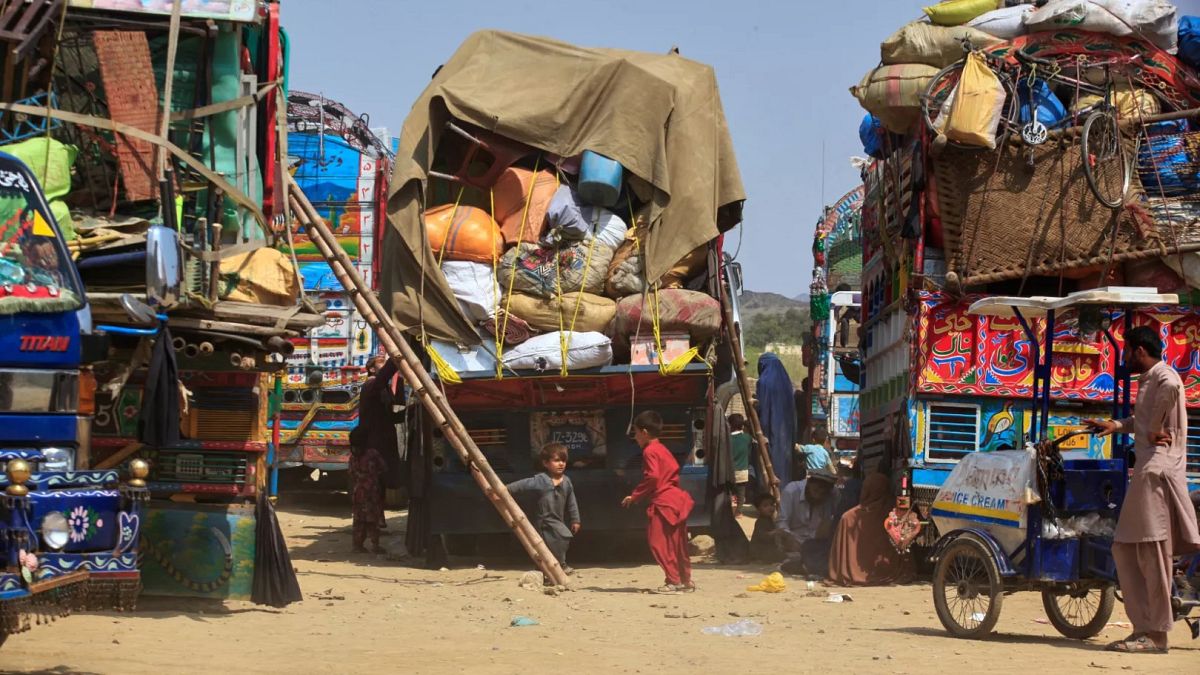

In today’s interconnected world, several stories highlight the complex and multifaceted challenges faced by different communities. From significant refugee movements in South Asia and controversies in Europe over medical supplies, to poignant justice quests in Africa, and gender identity debates in Australia, these stories reflect a tapestry of human experience that continues to evolve and shape our common future.
In Pakistan, the government has resumed the repatriation of approximately 1.4 million Afghan refugees despite international concerns from the UN. The ongoing initiative is significant due to its potential implications for regional stability, particularly given Afghanistan’s fragile political climate following the Taliban’s ascension to power in 2021. The repatriation initiative underscores the delicate balance between national interests and humanitarian responsibilities, posing important questions about international cooperation and support mechanisms for displaced communities.
Meanwhile, a substantial global dialogue has emerged around the planned destruction of USAID contraceptives. Nearly $10 million worth of contraceptives are at risk of incineration rather than being distributed to those in need internationally. This situation has prompted appeals to both France and the European Union to intervene and prevent the wastage. As environmental and health imperatives intersect, this controversy brings to light the critical importance of resource allocation and advocacy within international humanitarian efforts.
In Africa, the pursuit of justice remains a deeply emotional and complex journey for the family of Agnes Wanjiru, a Kenyan woman allegedly murdered by British soldiers over a decade ago. The family’s recent statements express frustration with the perceived sluggishness of the UK authorities’ handling of the investigation. This case remains a powerful reminder of the enduring quest for justice and accountability, transcending borders and time, and the role of government commitments in supporting such endeavors.
Across the globe in Australia, a legal debate is unfolding over the rights of a transgender woman, Roxanne Tickle, who experienced discrimination when excluded from the female-only app Giggle for Girls. This case, the first of its kind to reach the federal court level, highlights ongoing conversations about gender identity, inclusion, and technology. As societal norms continue to evolve, such legal challenges serve as catalysts for broader discussions on diversity, representation, and acceptance within digital and social spaces.
These varied stories are indicative of the diverse challenges that communities face worldwide. Each story contains echoes of common themes: the quest for justice, the navigation of identity, and the balance between national interests and global responsibilities. As the world continues to engage with these complex issues, the path forward lies in collective understanding, empathy, and collaboration among nations and peoples.
Source: {link}
